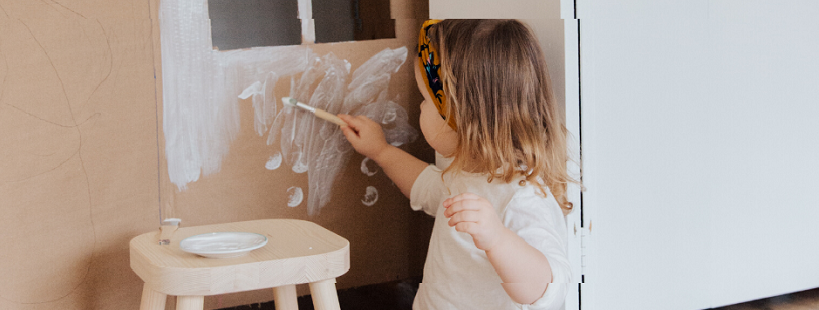Last but not least! After this, fifth learning area, we have gone through all five learning areas that Finnish early childhood education follows in their curriculum. Yay!
.png)
The learning area of I grow, move, and develop includes learning goals that include physical activity, food education, health, and safety. The purpose is to create a stable foundation for children so that they learn to value health and overall well-being. Another aim of this learning area connect to children's physical activity. Improving children’s physical activity, body awareness as well as control over their bodies. Also, the development of gross and fine motor skills is important.
Get a free lesson plan connected to I grow, move, and develop learning area!
Children are naturally curious to move in different ways and try different things. The level of courage, self-confidence, and speed varies according to the child's temperament and character. Some children are fearless; they ride a bicycle at 100km/h even though they fall every other minute! Other children take it easy; they observe, test a little, practice carefully, refuse to go on the bike, observe a bit more, try once or twice, and take a break...they learn little by little once they have the courage and confidence to do it!
.png)
.png)
.png)
